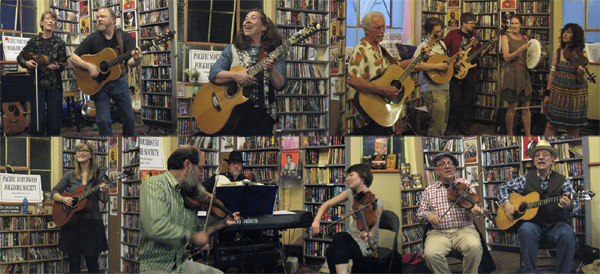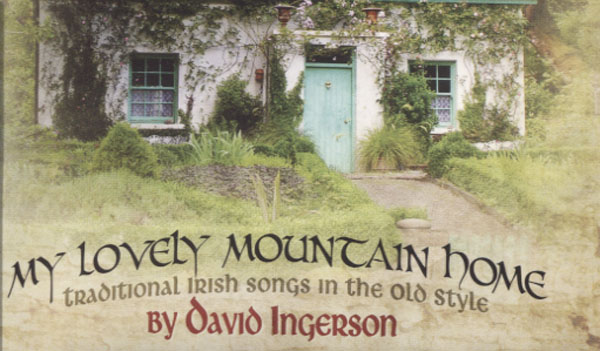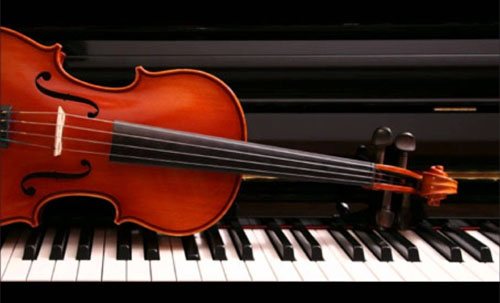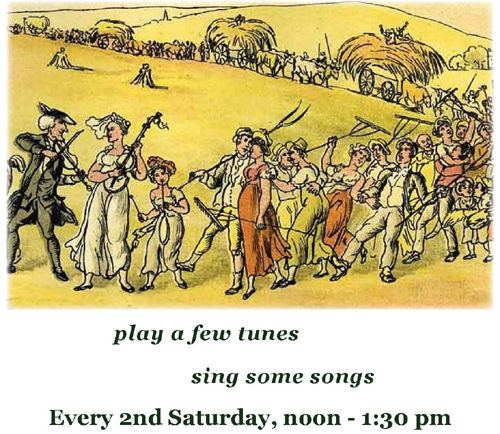
Update, 9/22/16: Since running this article I haven’t seen a groundswell of volunteers. This time I’d like some advice and feedback: What are we doing well? What could we do better? What new directions could we pursue? How can we improve the way we promote concerts? Ideas for new exciting performers to book. New articles for the NW HOOT – any volunteers to write them? Please respond through comments or email, and meet me at the Couth to talk over a cup of coffee or tea (my treat). Thanks, Stewart
The Pacific Northwest Folklore Society was founded in 1953 by Walt Robertson and friends in the University District of Seattle to support the understanding and development of the folklore and folk music of this region. After a rough beginning during the turbulent years of the McCarthy “Red Scare,” the Society became inactive by the early ‘60s. Fast forward to 2007. Don Firth and Bob Nelson, two founding members of the Society in 1953, and I decided to revive it. Our first event was a house concert with Jeff Warner, a world-class folklorist and folk singer from New Hampshire. He had trouble finding a venue in Seattle, and we thought it was time to revive the Society in order to present and preserve the more traditional folk music and provide a venue for traditional folk musicians, particularly those from our region. Don Firth has now passed on, and Bob Nelson is no longer active in the Society. I will turn 80 next year and am not sure how much longer I wish to continue. We need new people to help carry it on. Continue reading “Future of the Pacific Northwest Folklore Society, by Stewart Hendrickson”






